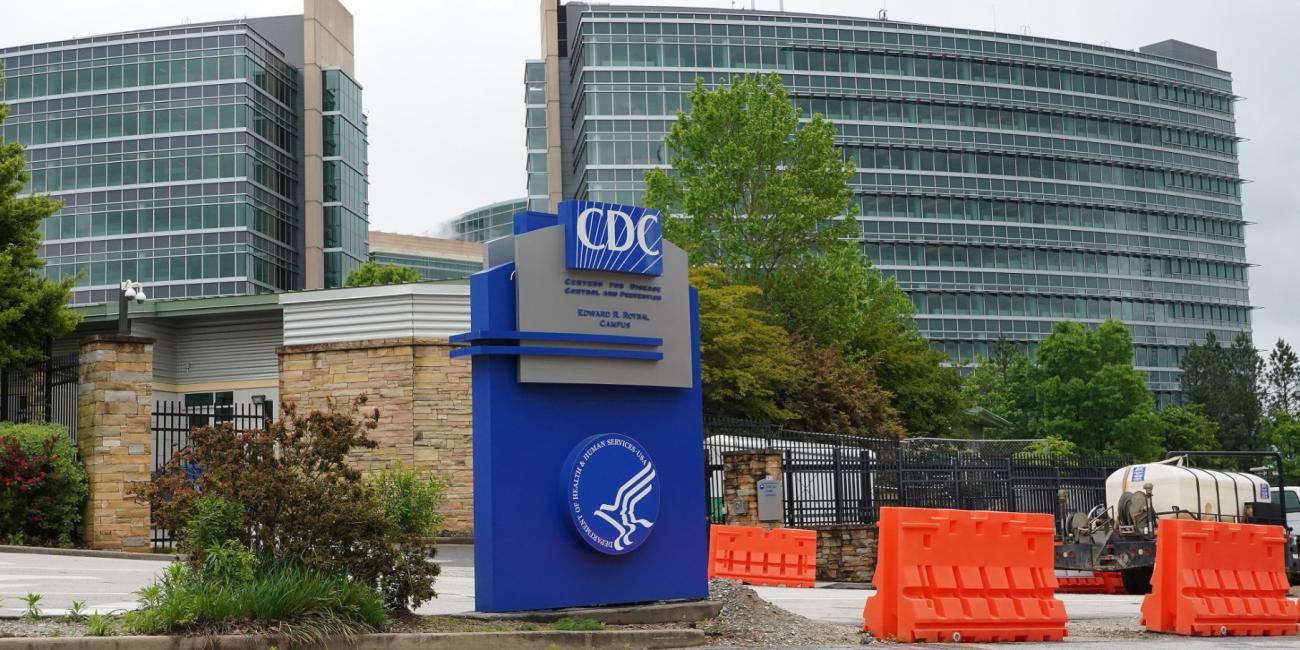
Posts falsely link drop in Canadian military to Covid-19 jabs
- This article is more than two years old.
- Published on September 27, 2023 at 22:34
- 4 min read
- By Gwen Roley, AFP Canada
"Canada estimated 5,000 military service members wounded by bad vaccine," says the text over a September 15, 2023 Facebook video with more than 48,000 views.
A speaker in the clip can be heard saying that the Canadian Armed Forces (CAF) had lost anywhere from 3,000 to 5,000 of its members, with the text implying these individuals were rendered incapacitated due to adverse reactions to Covid-19 inoculations.
Other versions of the video received tens of thousands more views on Facebook, TikTok and Instagram, with some posing the question whether the purported military losses were part of a plan "so China can take over."


The posts are the latest in a flood of misinformation about the Covid-19 vaccine.
However, Canada's Department of National Defence (DND) said that no one had left the Canadian Armed Forces due to adverse reactions to vaccination.
"The CAF does not have any record of a member releasing because of vaccine injury," said Jessica Lamirande, a spokeswoman for the DND, in a September 20 email to AFP.
According to Lamirande, of the 241,270 doses of Covid-19 inoculations that were given to CAF members, 346 resulted in vaccine-adverse events. She said 27 of these cases were considered serious while in most instances, the reactions were minor and self-resolving, with symptoms such as redness, swelling and fever.
This count only includes adverse events reported to a CAF healthcare provider, Lamirande said.
The ratio of serious negative vaccine reactions to doses administered in military members is comparable to national averages reported in Canada (archived here).
The DND's vaccine requirements, which were in place through October 2022, did result in 299 non-voluntary releases of military members, as well as 108 members who cited vaccine mandates in their applications for voluntary release, according to Lamirande.
In July 2023, the Military Grievances External Review Committee found the CAF's previous mandatory vaccine policy infringed on members' rights under the Canadian Charter of Rights and Freedoms.
Misrepresented video
The clip comes from testimony by Alberta-based military lawyer Catherine Christensen at an April meeting of the National Citizens' Inquiry (NCI), an independent organization that says it is examining Canada's Covid-19 response. AFP has previously fact-checked vaccine claims from NCI panelists.
The full video of Christensen's testimony reveals that she was responding to a question about her estimates of the general loss of military members due to vaccine mandates implemented by the CAF in October 2021, not just vaccine injury.
"Do you have any idea how many members have either quit, been thrown out, retired early or had in any other way been removed from operational ranks?" asks Ken Drysdale, an NCI Commissioner, in the full video before the response from Christensen which is included in the misleading social media posts without this context.

Christensen reiterated that claim in a September 25 interview with AFP. "And by my best estimates of speaking to thousands of people in the last couple of years, 3,000 to 5,000 troops were directly impacted (by vaccine mandates) and left the Canadian Armed Forces."
Christensen is leading a class-action lawsuit against the Canadian defense ministry over abuse of power, which she said focuses on general problems in the military chain of command, with Covid-19 mandates as an example.
Based on her conversations with military members, Christensen said dissatisfaction with vaccine mandates contributed to a loss of forces and the inability to recruit.
Canadian military force shrinking
Lamirande said that before the start of the pandemic, in December 2019, there were 67,492 regular force members and 24,147 primary reserve members, for a total of 91,369 members. As of July 2023, the forces numbered 85,391.
"Labor shortages in the private and public sectors create significant competition in hiring talent," she said. "The pandemic exacerbated the problem as recruitment and training slowed."
Youri Cormier, the executive director of the Conference of Defence Associations Institute, an independent military research organization, said this shrinking of the armed forces is an effect of the pandemic, but attributed the loss to an issue of decreased recruitment.
"Because of social distancing and because of lockdowns, we stopped the entire process of training and recruiting," Cormier said on September 22. "So you wound up with zero intake in the Canadian Armed Forces for months."
He said that decreased recruitment, combined with the normal rate of release and retirement has resulted in the reduction in service members.
More of AFP's reporting on misinformation in Canada can be found here.
Copyright © AFP 2017-2026. Any commercial use of this content requires a subscription. Click here to find out more.
Is there content that you would like AFP to fact-check? Get in touch.
Contact us




